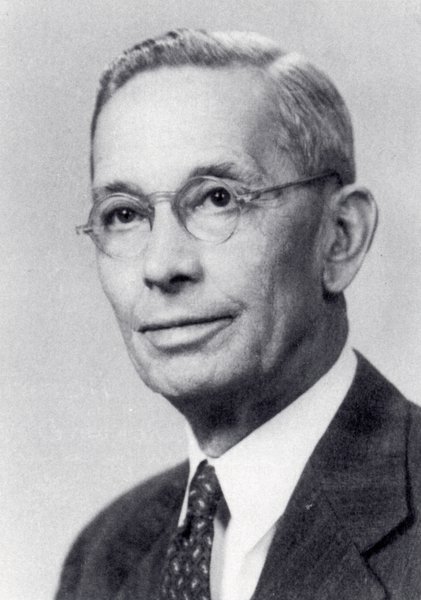
Class XVIII
William James Jernigan, Sr.
The late W.J. Jernigan launched what has become 4-H in Arkansas in 1912, and his early leadership role helped establish 4-H as the training ground for innovative farming practices and, more importantly, strong agricultural leaders of our state. A native of Charlotte (Independence County), Jernigan was born Nov. 9, 1879. He passed away May 1, 1973. Jernigan went to the University of Arkansas in 1903, left to teach school a couple of years, then returned and obtained his bachelor’s degree in agriculture in 1909. While at the university, Jernigan was editor of the student newspaper, a member of the debate team, and was a member of a three-person committee that chose the university’s alma mater. Jernigan began rural club work in December 1912, when demonstrations or projects called corn and cotton clubs for boys and tomato canning clubs for girls were the forerunners of 4-H clubs. In 1914, with the beginning of Cooperative Extension work, he began to form organizations in schools called Boys and Girls Agricultural Clubs, which later became 4-H clubs. He steered Arkansas 4-H through some tumultuous times – two World Wars and the Great Depression. He retired in 1945 after more than 32 years of service, having impacted the lives of thousands of young Arkansans. After retiring from the Extension Service, Jernigan taught mathematics at Little Rock Junior College (now the University of Arkansas at Little Rock). Jernigan was named Man of the Year in Arkansas Agriculture by Progressive Farmer magazine in 1944.
